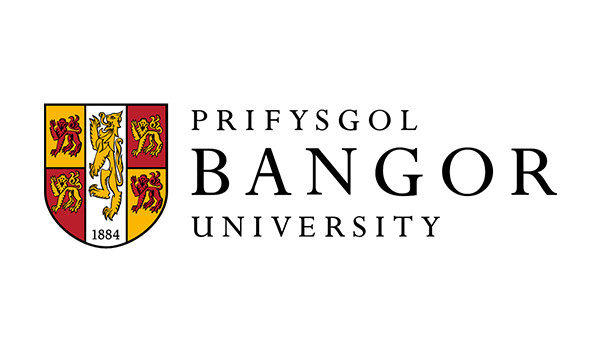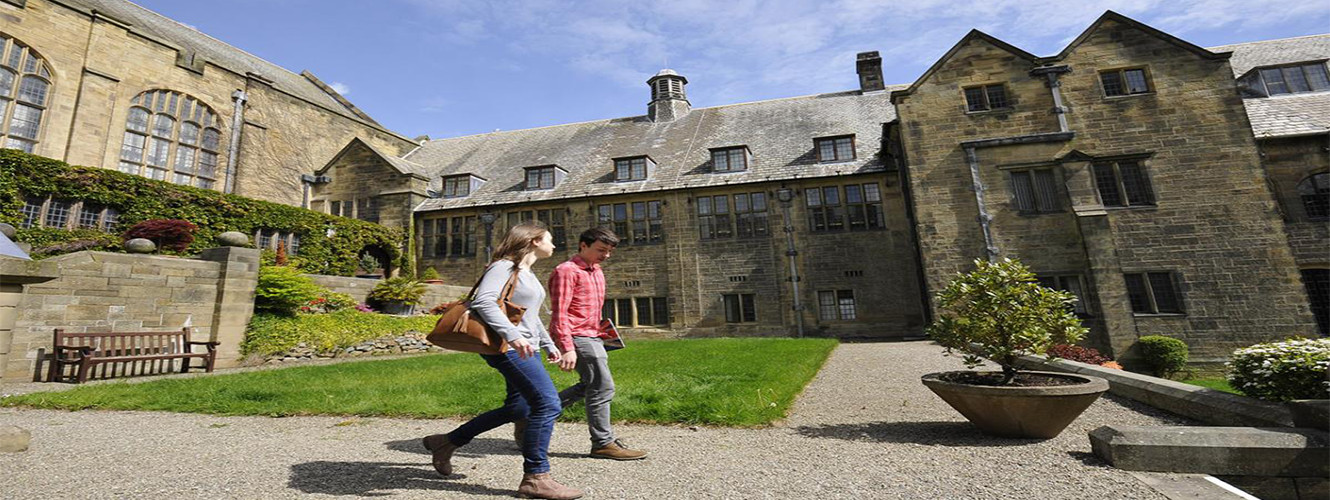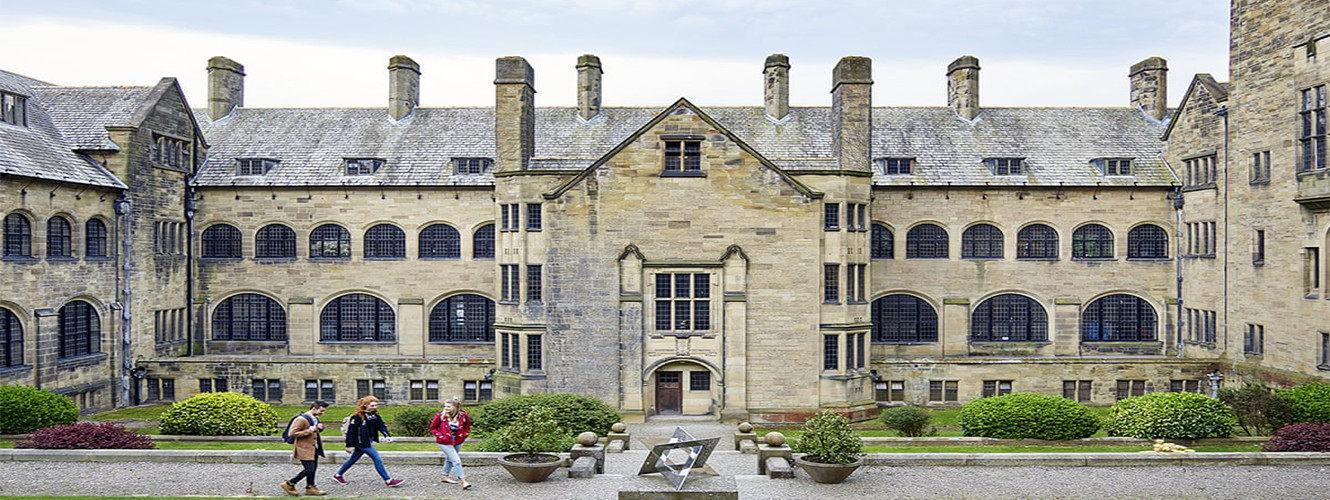UK120 MSc Counselling Bangor University
-
THÔNG TIN CHUNG
Our MSc in Counselling at Bangor University aims to prepare you to take an active role as a member of the professional counselling/psychotherapy community. This course explores a range of psychological approaches and therapeutic methods to provide holistic training in adult counselling. You will learn about the Humanistic approach and Person-Centred therapy, Psychodynamic approach and Psychoanalytic therapy, Behavioural approach and Behaviour therapy, and Cognitive approach and Cognitive therapy. In addition, you will be introduced to several integrative approaches (for example, we might explore Rational Emotive Behaviour Therapy, Gestalt Therapy, or Transactional Analysis).
This Counselling Masters can be taken as a full-time two-year course or a part-time four-year course and there is more information on how that works in practice in the Course Content tab.
You will also take part in practical activities to develop your communication skills and integrate therapeutic techniques into your practice. You will engage in regular observed counselling skills sessions with your peers and this will prepare you for undertaking a placement of 100hrs of supervised counselling. Our skills lecturers and placement coordinator have an extensive counselling background working with clients in the NHS, and they will support you in developing your counselling skills and applying them in practice on placement. Our previous students have completed these placements with organisations such as the NHS Primary Mental Health Service, bereavement service CRUSE, Age UK, the Rape and Sexual Abuse Support Service, etc.
Our course also has a strong academic core and we are proud of the way that we integrate Psychology and Research training throughout the course to ensure that our graduates are fully rounded practitioners. Our modules draw on the expertise of a range of practitioners in addition to counsellors - including clinical psychologists and researchers – to provide comprehensive training in mental health. Evidence-based practice is becoming increasingly in demand within this sector and we prepare our students for a career which may require them to draw on research skills and psychological knowledge, alongside applied counselling skills.
The extensive curriculum covered on our programme will equip you to work with clients across various settings, and provide you with a toolkit of evidence-based techniques and relationship-focused methods. This training programme is designed to provide you with an opportunity to graduate with all of the skills needed to apply for doctorate level study or work in an empirically-based practice.If you complete the MSc in Counselling with the counselling placement, then you will meet all of the BACP requirements to apply for registered counsellor status. Our course meets all of the requirements for you to become a student member of the BACP while on the course and an individual member of the BACP after graduating from our course. To then become a registered member, you will need to pass a single online ethics test called the Certificate of Proficiency to become a registered member of the BACP and this will place you in a strong position to apply for jobs in counselling and psychotherapy or begin working towards establishing your own private practice.
This course is led by Prof Fay Short, who is a Chartered Psychologist with the British Psychological Society and a registered member of the British Association for Counselling and Psychotherapy. She is a Principal Fellow of the Higher Education Academy and her teaching excellence has been recognised in a highly prestigious National Teaching Fellowship award. In her therapeutic work, she is an accredited hypnotherapist, NLP practitioner, Executive Coach and Mentor, and advanced practitioner of REBT, alongside her core training in counselling. Her dual role of counsellor and psychologist also enabled her to produce her textbook, Core Approaches in Counselling and Psychotherapy, which seeks to explain client work from both a therapeutic and psychological perspective. Prof Short draws on her extensive experience in academia and her practical work in the field to provide students on our MSc in Counselling with an in-depth insight into the theory and practice of modern counselling techniques. -
CƠ HỘI NGHỀ NGHIỆP
One in four adults experience at least one mental health difficulty in any given year and mental health issues account for the largest single cause of disability in the UK (Mental Health Taskforce Strategy, Feb 2016).
The NHS committed to a transformation of mental health care across the UK and pledged to invest more than one billion pounds a year by 2020/21. As a result of this commitment and the increasing need for mental health support, employment opportunities in counselling are likely to expand in the near future. Graduates from this course will be particularly well equipped to succeed in this growing market.
- ĐIỀU KIỆN ĐẦU VÀO
- ĐIỀU KIỆN NGÔN NGỮ
- HỌC BỔNG
- ĐỊA ĐIỂM
Tóm tắt
-
Phí ghi danh
0
-
Độ dài khoá học
2 năm
-
Kỳ nhập học
Tháng 9
Phí Cơ Bản
-
Loại Tiền
-
Học Phí
Trên năm -
Phí Sinh Hoạt
Trên năm -
Tổng






